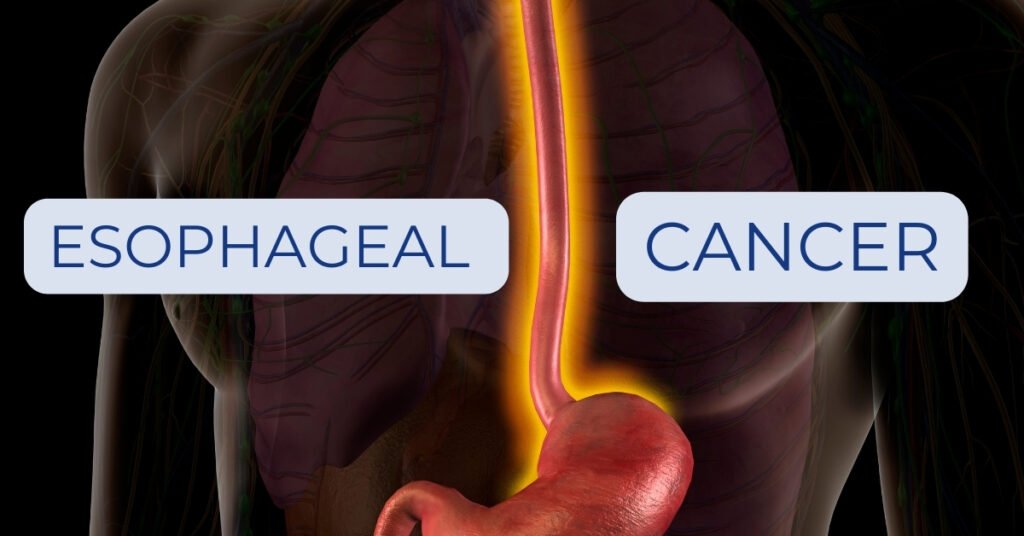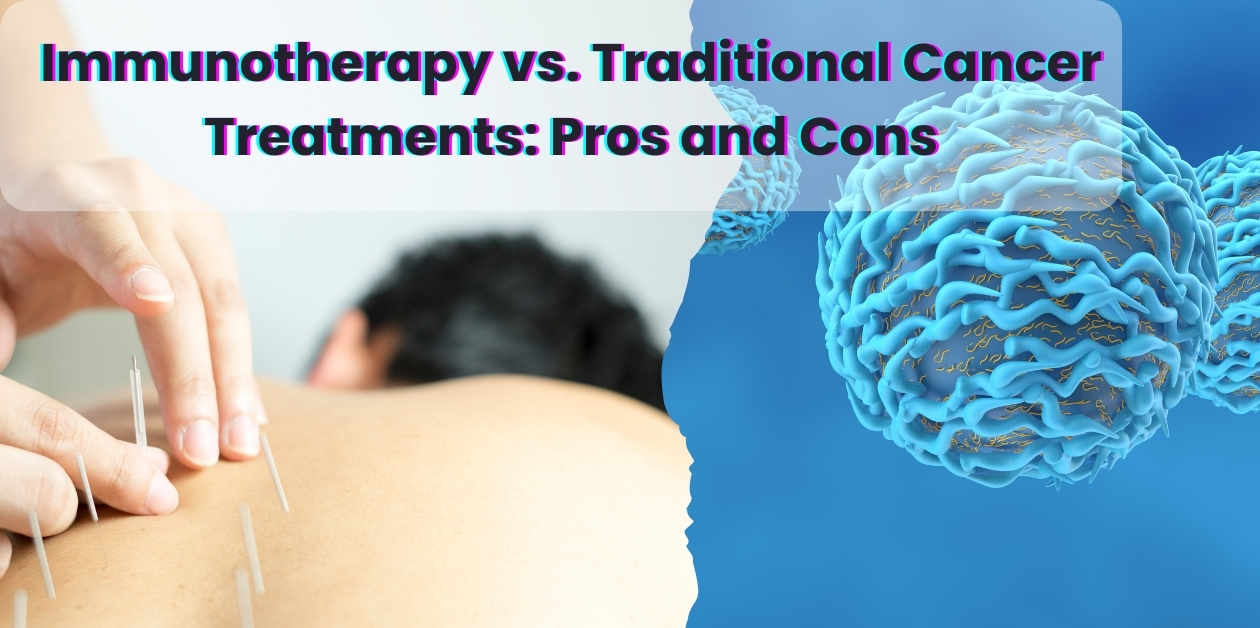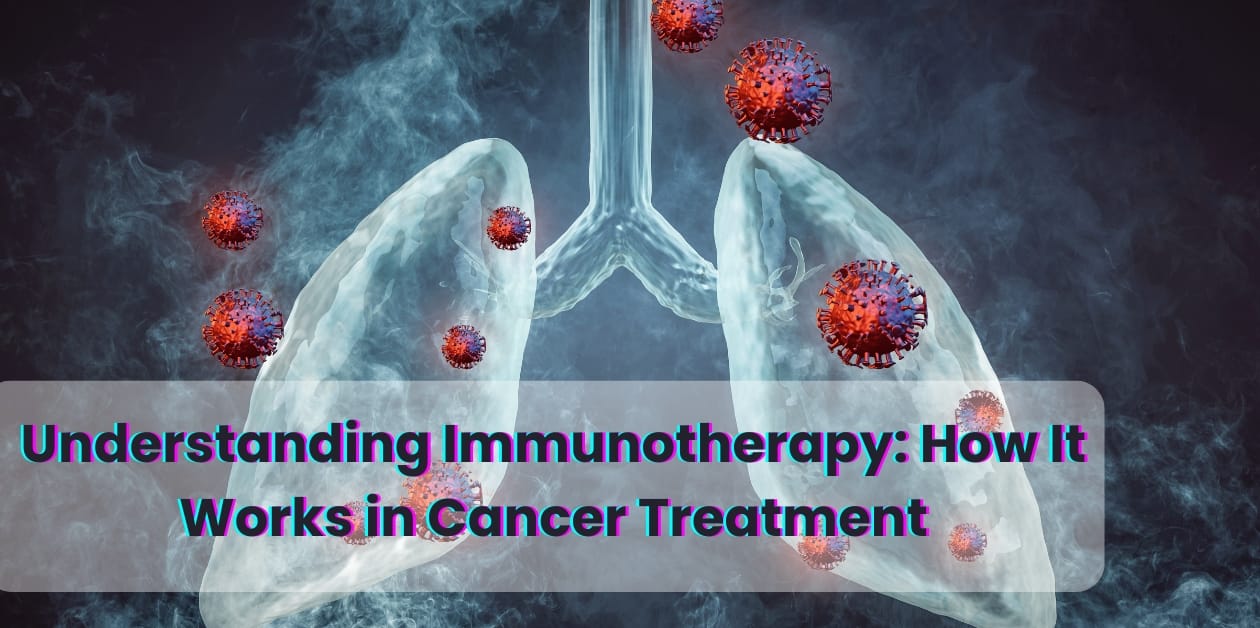What is Esophageal Cancer?

Esophageal cancer is a serious health problem that builds up within the muscular tube responsible for transporting food and liquids from the throat to the stomach. In this article, we will explore this in great detail. It includes the definition, type, symptoms, causes, risk factors, prevention strategies, treatment options, prognosis, and living with it.
Esophageal cancer is a malignancy originating in the cells that line the esophagus. Interference in the normal functioning of the organ puts health at risk. The cancer usually begins in the inner lining of the esophagus and may extend outwards through its layers, thus affecting its ability to convey food and fluids to the stomach with efficiency.
Types of Esophageal Cancer
There are two broad categories of esophageal cancer, each with unique properties:
- Squamous Cell Carcinoma: This kind of cancer originates from the thin, flat cells lining the inner walls of the esophagus. The most common location for this type of cancer is in the upper and middle portions of the esophagus, although it can occur anywhere along its length. Squamous cell carcinoma is typically associated with bad habits like smoking and drinking.
- Adenocarcinoma: This form of cancer develops from gland cells, which produce fluids like mucus, and normally originates in the lower part of the esophagus, close to the stomach. When gland cells become cancerous, they pose significant health risks. Adenocarcinoma is usually associated with chronic acid reflux and obesity.
Recent posts
Immunotherapy vs Traditional Cancer Treatments: Pros and Cons Cancer treatment has evolved significantly, with immunotherapy emerging as a revolutionary approach alongside traditional …
Understanding Immunotherapy: How It Works in Cancer Treatment At Pi Health Cancer Hospital, we are committed to providing the most advanced and …
What are the symptoms of esophageal cancer?
Early detection and intervention for esophageal cancer may be more effective if recognized early. Common symptoms include:
- Difficulty Swallowing: Or dysphagia, it is often the very first symptom noted, especially when food feels stuck in the chest.
- Chest Pain: A burning sensation, particularly after swallowing, could be evidence of the existence of esophageal cancer.
- Unexplained Weight Loss: About half of esophageal cancer patients experience unintended weight loss from difficulties in swallowing or loss of appetite.
- Persistent Cough or Hoarseness: A chronic cough or hoarseness may be an indication of underlying problems.
Vomiting or coughing up blood: These symptoms, which appear in more advanced stages, may be particularly alarming, calling for urgent medical attention.
What are the causes and risk factors of esophageal cancer?
It is important to understand the risk factors associated with esophageal cancer in terms of prevention and early intervention. The risk factors for esophageal cancer include:
- Tobacco and Alcohol Use: An increased risk of developing esophageal cancer is associated with heavy use of tobacco and alcohol.
- Chronic Heartburn and Acid Reflux: Exposure to chronic gastric reflux conditions such as Barrett’s esophagus increases the possibility of developing vulnerability.
- Overweight and Obesity: A person who is overweight or obese predisposes the esophageal tissue to inflammation, possibly leading to cancer.
- Human Papillomavirus (HPV): Some strains of HPV may cause tissue changes and be a risk factor for esophageal cancer.
- Occupational Exposure: Long-term exposure to certain chemicals, such as those used in dry cleaning, may increase the risk of esophageal cancer.
How can we prevent esophageal cancer?
Esophageal cancer prevention entails lifestyle changes that promote health:
- Avoiding tobacco and alcohol: Avoiding tobacco products and moderating alcohol consumption can significantly reduce the risk of developing esophageal cancer.
- Maintaining a healthy diet and weight: A balanced diet consisting of fruits, vegetables, and whole grains, along with a healthy weight, can help contribute to overall health and reduce the risk of esophageal cancer.
- Acid reflux treatment: Treatment of chronic heartburn or reflux can reduce the risk of developing conditions like Barrett’s esophagus, and this puts an individual at risk of esophageal cancer.
Living with Esophageal Cancer
Living with esophageal cancer requires a comprehensive approach, including:
- Nutrition: Most esophageal cancer patients have difficulty eating due to swallowing problems. Specific nutrition is needed to maintain proper nutrition.
- Emotional Support: A diagnosis of cancer employs great emotional strength, and the search for care and support from family, friends, and support groups, or by physiological or medical therapy, is key to addressing all psychological and emotional needs.
Knowing what esophageal cancer is helps contribute to an understanding of the importance of early detection, intervention, and effective management of the disease. Preparedness against this disease calls for awareness of symptoms, understanding of the underlying causes of the disease, and adoption of prevention methods.
All the ongoing research and clinical trials continue to strive toward improving the outcome and increasing the quality of life for the affected individuals. Better treatment modalities and further understanding of the disease are some of the priorities that these research efforts provide. Advocacy groups and support networks are also instrumental in advancing awareness and providing resources to patients and their families. All of this, combined with the efforts of health professionals, researchers, advocacy groups, and the affected community, is helping to combat esophageal cancer.
About Author
Dr. A. Venugopal
MD (General Medicine), DM (Medical Oncology), MRCP – SCE Medical Oncology (UK), ECMO (Switzerland).
Dr A. Venugopal is One of the best medical oncologist and Hemato Oncologist in hyderabad, currently serving as the Head of the Department and Senior Medical Oncologist, Hemato Oncologist at Pi Health Cancer Hospital in Gachibowli, Hyderabad. He brings over 15 years of extensive experience in the field of Oncology.



